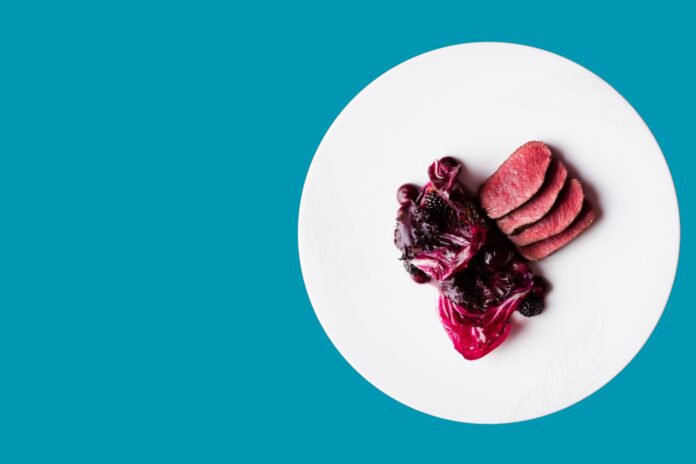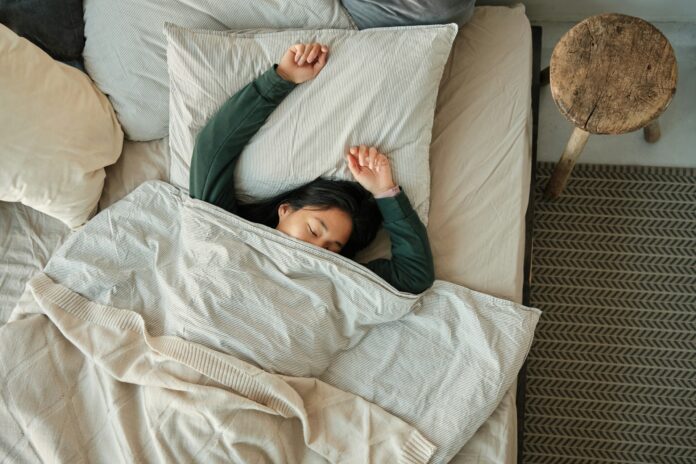Tired of dealing with increasingly long lasting hangovers after a night of excessive drinking? Can’t imagine having fun without the stuff? Do you struggle to find the off switch once you’ve had a jar?
You’re not alone. In fact, millions of Brits will, this month, ‘Go Dry This July’, abstaining from alcohol for 31 days and raising money for charitable causes in the process.
Regardless of your reasons for wanting to cut down or give up – whether it’s for charity or for yourself, for a month or for life – there’s no denying that abstaining from alcohol can create a huge difference, to your health, your outlook, your appearance and your wallet. If you’re going dry for July and are keen to explore further, then here are 5 amazing benefits of quitting alcohol today.
CONSEQUENCES OF EXCESSIVE ALCOHOL USE
The last 18 months have been challenging for everyone, and although a drink can provide you with a brief escape from reality, the consequences of alcohol abuse can be comprehensive.
Of course, many Brits can and do enjoy the occasional drink responsibly, but increased frequency of consumption can lead to alcohol dependence and abuse – and this is when things become a serious problem that needs rectifying.
Some of the main risks of regularly drinking alcohol to excess include:
- Increased Risks of Disease: Alcohol abuse can lead to an increased risk of developing chronic diseases such as certain types of cancer, heart disease, stroke liver disease, a weakening of the immune system and many more health issues besides.
- Increased Risk of Mental Health Problems: It can also lead to mental health problems, including issues with learning and memory, depression and anxiety.
- Impaired Motor Skills: One of the primary effects of alcohol abuse may involve impairment in your bodily functions and overall performance. Alcohol may affect your reaction time, accuracy, balance and precision, leading to an increased risk of injury. It may also impede you from making sound judgments once you’re under the influence.
- Slower Recovery Processes: Alcohol may affect your body’s recovery as this hinders the smooth processes of muscle repair and muscle regeneration.
- Weight Gain: Excessive drinking may result in an irregular accumulation of body fat due to the imbalance in ethanol storage in the body. Drinking can also increase caloric intake, which may result in weight gain.
- Sleep Deprivation: Aside from affecting your bodily functions and increasing your risk of developing chronic disease, another negative impact of alcohol abuse is sleep deprivation. Being under the influence of alcohol may hinder you from getting a good night’s sleep, as well as disrupt your circadian rhythm and sleeping patterns.
BOOST YOUR CIRCADIAN RHYTHM & HELP YOU GET BETTER SLEEP
One of the most noticeable benefits of giving up alcohol occurs soon after you’ve done so; enjoying a better quality of sleep. After being alcohol free for just two weeks, it’s likely you’ll notice a difference in your sleeping patterns, for the better.
One of the most important parts of your sleep experience is the rapid eye movement (REM) stage. Most people are unable to enter the REM stage effectively after drinking; since this is the mentally restorative part of sleep, you’ll often wake up lacking that sense of refreshment that a great night’s sleep gives you.
IMPROVE BODILY FUNCTIONS
Drinking alcohol causes disruption to your body’s natural metabolism and digestion, which affects your eating habits, and ultimately, your weight. Once you’ve quit, you can reasonably expect to be able to manage your weight better.
Alcohol abstinence also helps reduce the risk of thinning your stomach lining, which is one of the effects of alcohol abuse. There’s also a lesser chance of you developing acid reflux once you’ve got your drinking under control, allowing for better digestion and enjoyment of food.
Quitting alcohol will also likely improve other bodily functions, helping your liver and kidney perform at their full potential and leading to better overall health.
LOOK MORE RADIANT & YOUTHFUL
Alcohol can wreak havoc on your skin, as anyone who has woken up after a big session and looked in the mirror will attest.
The demon drink can lead to dehydration in the body, which will make your skin both look and feel rough and dry. Plus, research suggests that excessive alcohol consumption can cause a dull complexion, puffiness, and even speed up facial ageing.
What’s more, alcohol releases toxins like free radicals into the drinker’s body. And though they may sound like the coolest cats around, free radicals actually accelerate the natural ageing process. And looking grizzled and past it before your time, well, that’s not very cool now is it? That’s why a person looks older than they really are after drinking heavily for a long time.
After a period of abstinence from alcohol (experts suggest it takes 28 days), your skin starts to heal naturally, rehydrating itself from all that lovely water you’ve been drinking and replenishing itself during those long, deep sleeps you’ve been getting.
DEVELOP A SENSE OF SELF-WORTH
Research has shown that alcohol can, quite simply, bring out the worst in us. For instance, alcohol increases self-disclosure, aggression, and erratic behaviour. Your family and friends are probably longing for the best version of you, and almost always, that’s the sober one. Indeed, when you stop drinking, you mend broken relationships. A fresh start never felt so good.
Aside from protecting your physical health, one of the primary reasons you should start your journey of alcohol abstinence, July, January or otherwise, is your mental health. Prolonged bouts of problem drinking can lead to low self esteem and other mental health issues, with several studies suggesting that giving up alcohol may significantly improve mental health.
FINANCIAL BENEFITS
Alcohol consumption is an expensive habit for most people, especially heavy drinkers. We could wax lyrical over the vice-like grip of the stuff for hours, but let’s simply dial down into the digits; it’s estimated that the average household spend on alcohol is just under £1000 a year. But problem drinkers spend way more. If you were to consistently have three or four drinks a day, then that spend could be tripled. Just think about the things you can do with the money. A holiday, or two, a new wardrobe, a weekly treat at a fancy restaurant, gifts for family…the list goes on.
THE BOTTOM LINE
Whether you’re going dry this July or are planning on a more permanent drought, the benefits of curbing your alcohol intake, should you be concerned that your drinking has become problematic, are myriad. We hope you’ve found the inspiration today to keep moving in the right direction. Good luck on your journey!
*This article is not intended to replace medical or mental health advice, diagnosis or treatment given by a qualified health professional. Instead, this article only provides information, not advice. For any medical enquiries, always consult your GP first*





